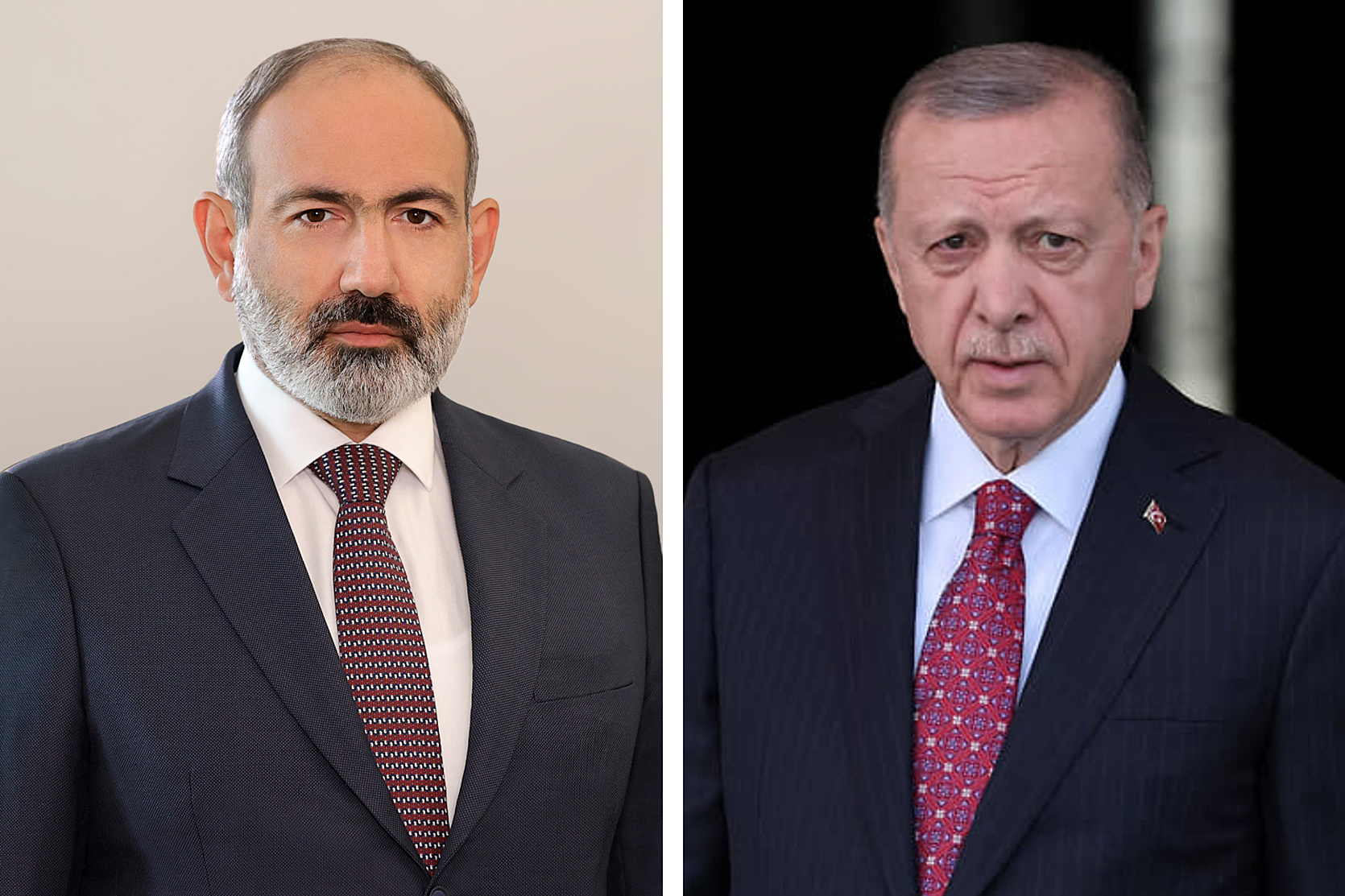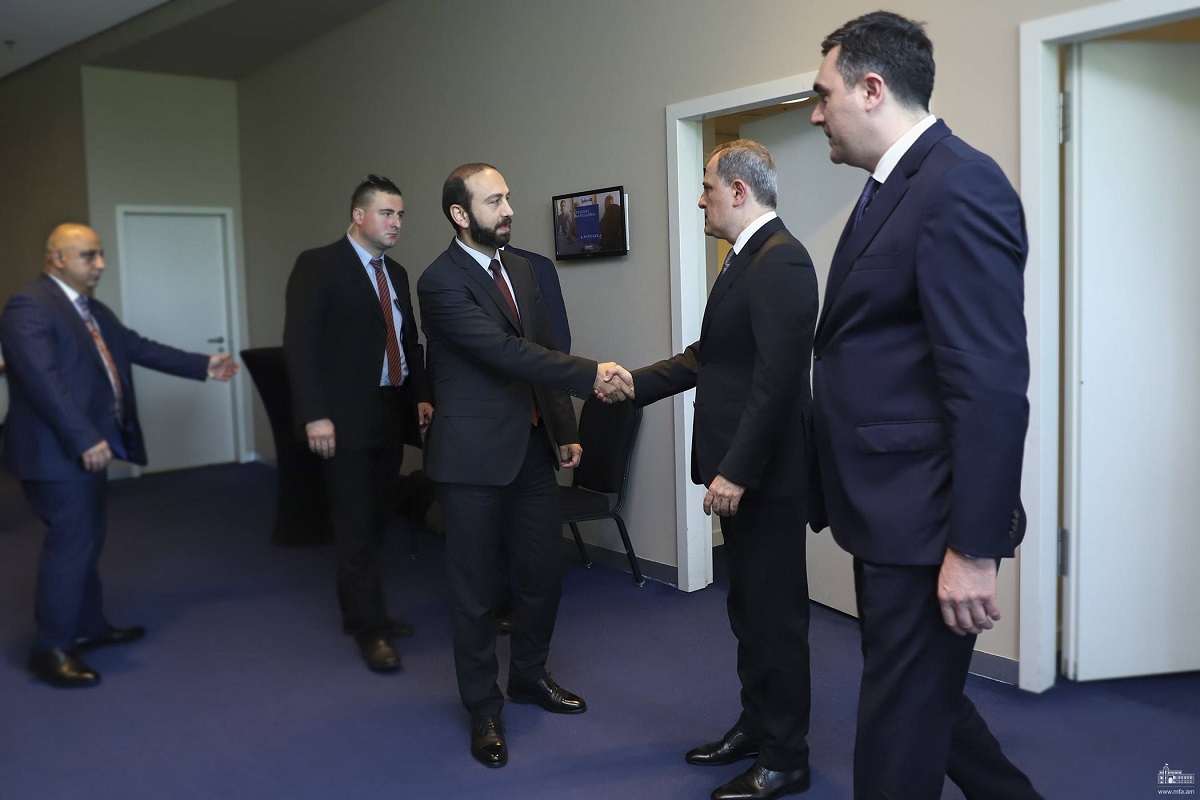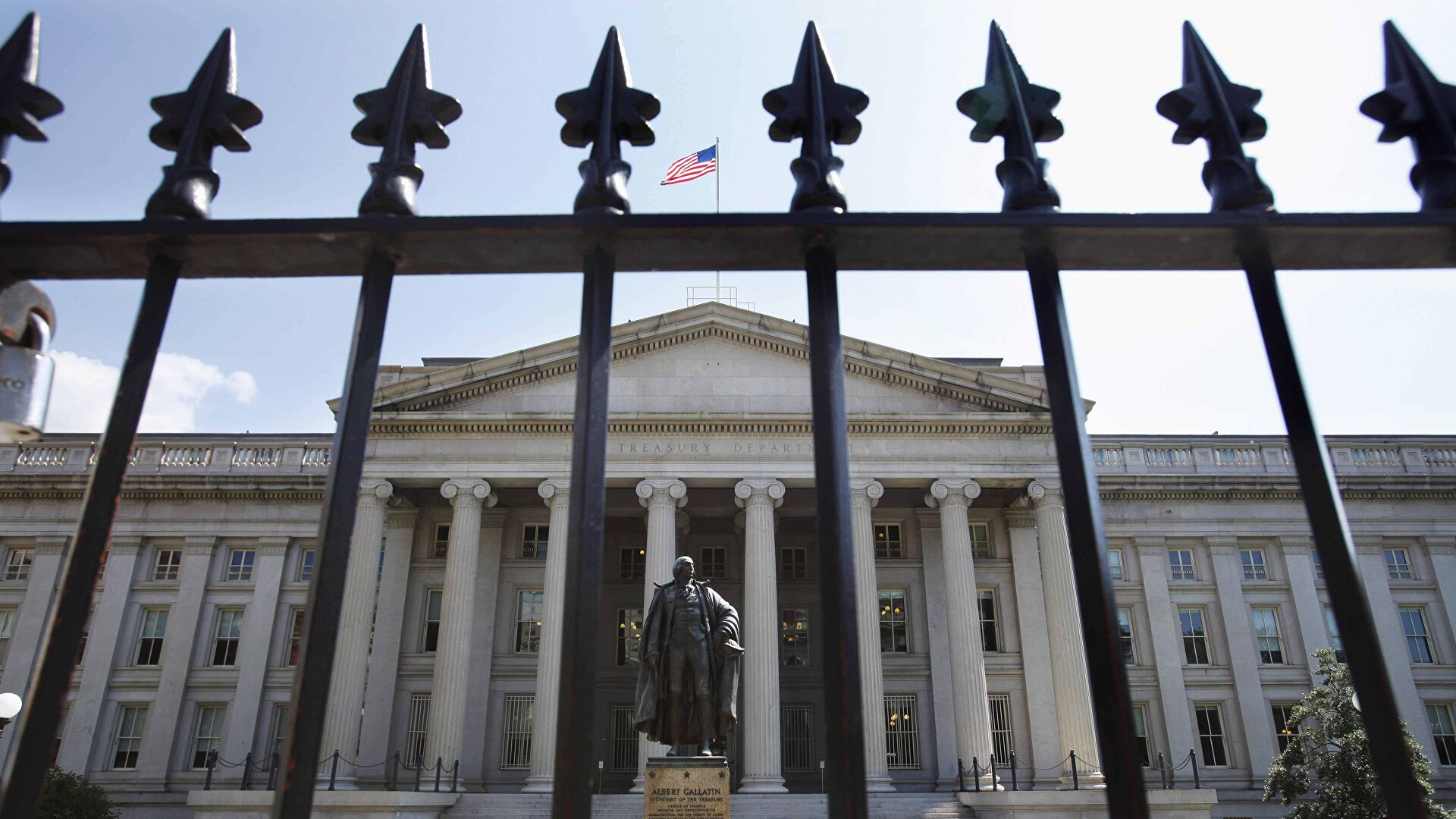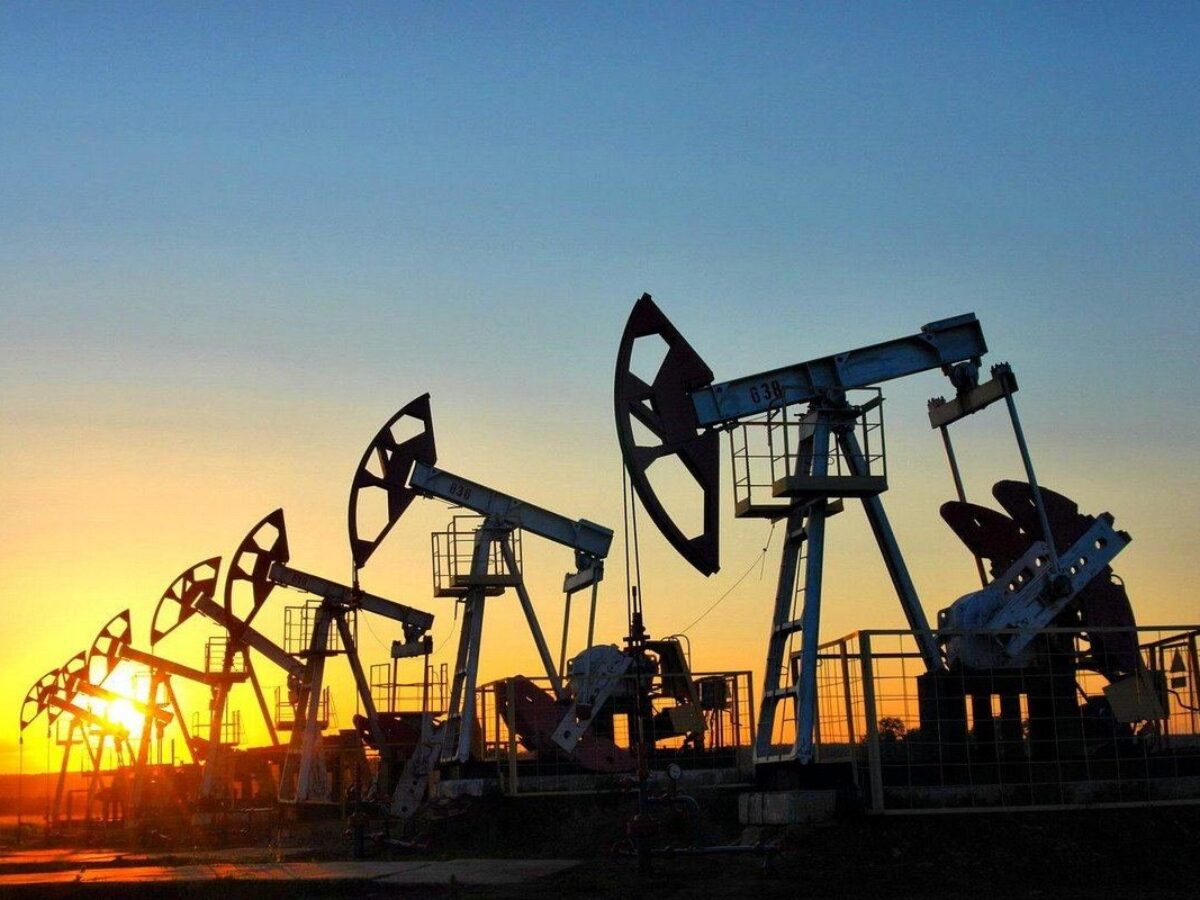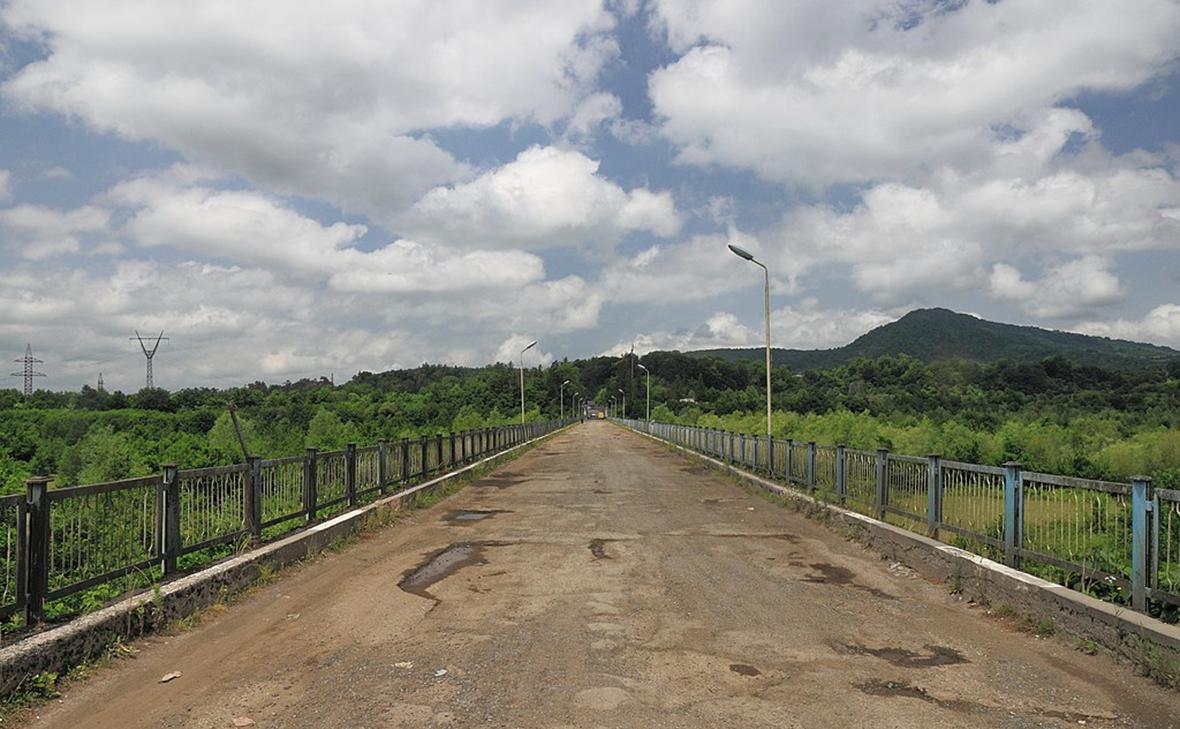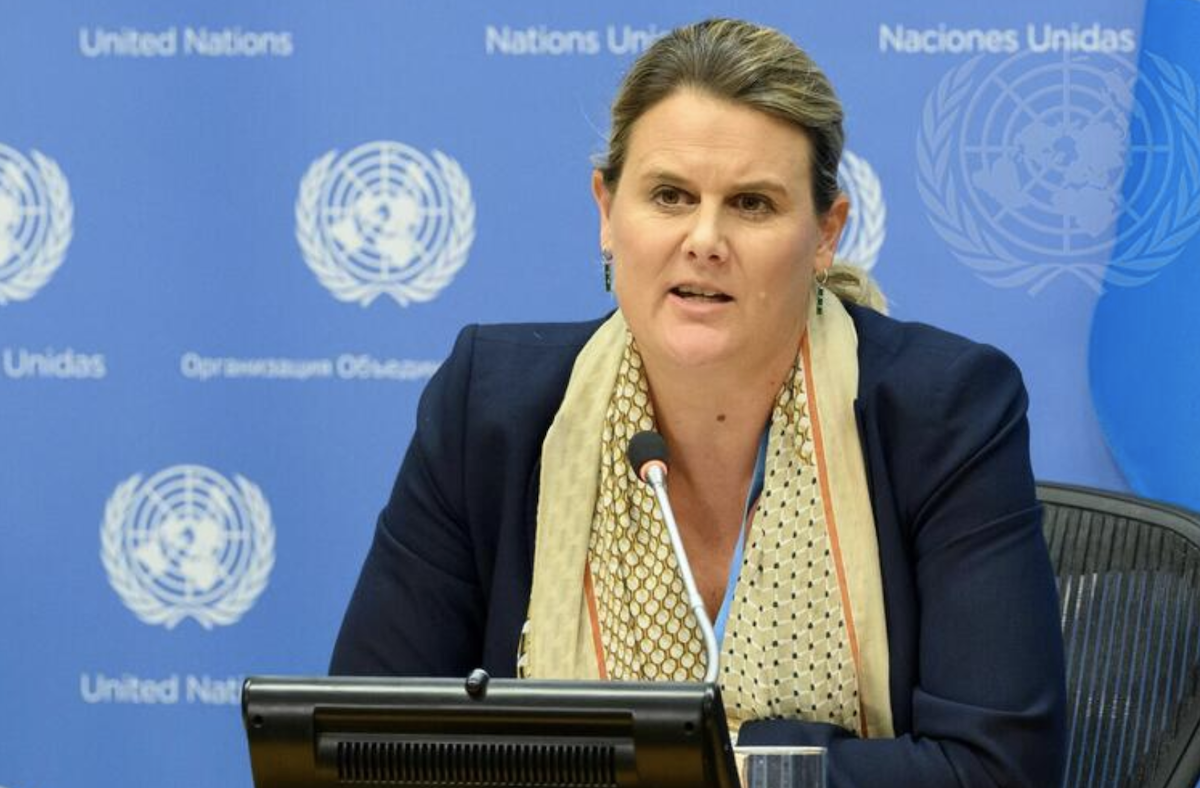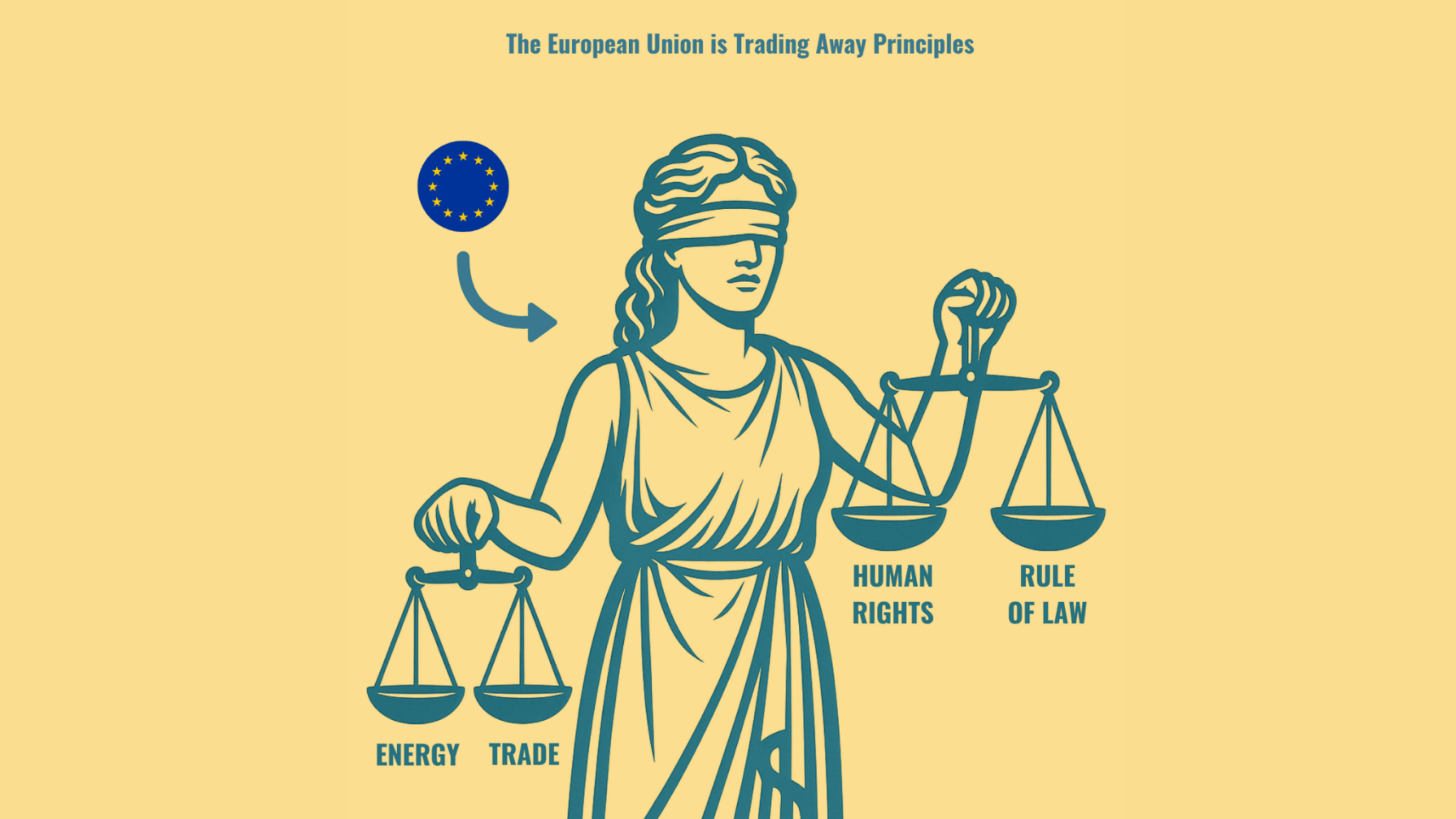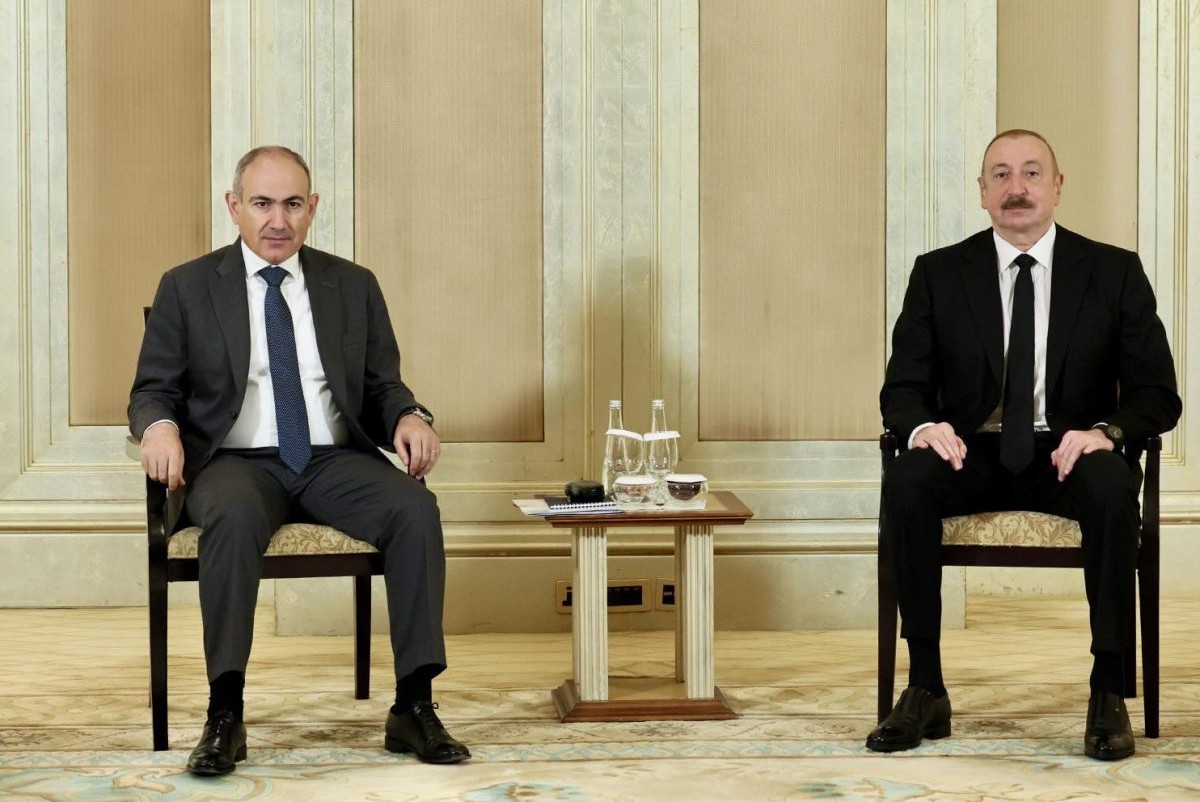“There is no urgent need for air transport of goods with Turkey” - Economic Minister of Armenia
Unblocking trade routes
Air transportation of goods with Turkey will begin in the near future, but there is no “urgent need” for it, Economic Minister of Armenia Vahan Kerobyan stated regarding unblocking trade routes in the region.
According to Kerobyan, there is a need for air transport of goods in other directions: the USA, Europe, China, Russia, the UAE.
In an interview with a local TV channel, the minister also talked about possible sanctions against Armenia, and cost-benefit ratio of opening the border with Turkey and the restoration of railroad communication with Azerbaijan.
- Regional processes without taking into account Armenian interests? Opinion
- Shelling in Karabakh and gunfire at the Armenian-Azerbaijani border. What’s happening? Opinions from Yerevan
- Bombshell interview with Azerbaijani expert: “The threat of war is clear.”
“30% economic growth in the short term”
Kerobyan says that if the Armenian-Turkish border is opened, Armenia will see 30% economic growth in just two to three years. This is backed up by a number of international studies, he argues. Although this assessment inspires confidence, the Ministry of Economy is conducting its own study.
According to Vahan Kerobyan, the government partly shares the public’s fears about the risks that may follow from the opening of borders:
“We see how Turkish capital affects different countries. Of course, we will introduce protection mechanisms when the time comes.”
The minister stressed that Turkish citizens have never been banned from investing in Armenia. However, the same cannot be said about Armenian citizens in Turkey.
“The Turkish market is closed to Armenian citizens and businesses. The opening of borders gives us more opportunities than the citizens and businesses of Turkey, who can still invest freely,” said Vahan Kerobyan.
Yerevan and Ankara have not yet reached an agreement on opening the border or establishing diplomatic relations. Dialogue between the two countries began at the end of last year, when Ruben Rubinyan and Serdar Kilych were appointed special representatives for the normalization of relations.
They have already met four times. So far the only tangible result of the negotiations is the restoration of direct flights. During the fourth meeting, the parties agreed
- “to ensure the possibility of crossing the Armenian-Turkish land border for citizens of third countries,
- to start direct air transportation of goods between Armenia and Turkey”.
Still to be seen are the steps are being taken to realize these two agreements.
Regarding airborne trade with Turkey, the minister says there is demand in completely different areas that have nothing to do with Turkey.
“Free trade with Azerbaijan will help us into large markets”
It is impossible to have a developed industry without a railway connection. The minister expressed this point of view regarding the restoration of railway communication with Azerbaijan.
“And thus Armenia will get railway communication with Russia, Iran, Central Asia,” he poined out.
Armenia must spend about $200 million to restore the railway with Azerbaijan.
According to Kerobyan, if a free trade policy is established with Azerbaijan, this will not only not harm businesses and citizens of Armenia, but will also “help [Armenia] enter larger markets.”
On US Investment and the Possibility of Sanctions
Some weeks ago, it came out that the Financial Crime Enforcement Network (FinCEN) and the Bureau of Industry and Security (BIS) of the US Treasury Department included Armenia in a list of countries through which goods under sanction are entering Russia and Belarus.
Vahan Kerobyan states that Armenia has a free trade policy with the countries of the Eurasian Economic Union, including Russia and Belarus, so “it would be surprising if it were not on the list.”
The minister maintained that the situation is being closely monitored so that Armenia does not help Russia evade sanctions. Everything is being done, Kerobyan says, to prevent sanctions from being imposed on Armenia.
Kerobyan also said that the Ministry of Economy will soon turn to the US authorities with a request to grant Armenia the status of a country with a market economy. He believes serious work has been done in this direction. And although it is possible that after submitting an official application the process would drag on for years, obtaining this status would be extremely important for Armenia:
“The US government will thereby signal to American investors that it is possible to invest in Armenia and be confident in the safety of these investments.”
Unblocking trade routes










